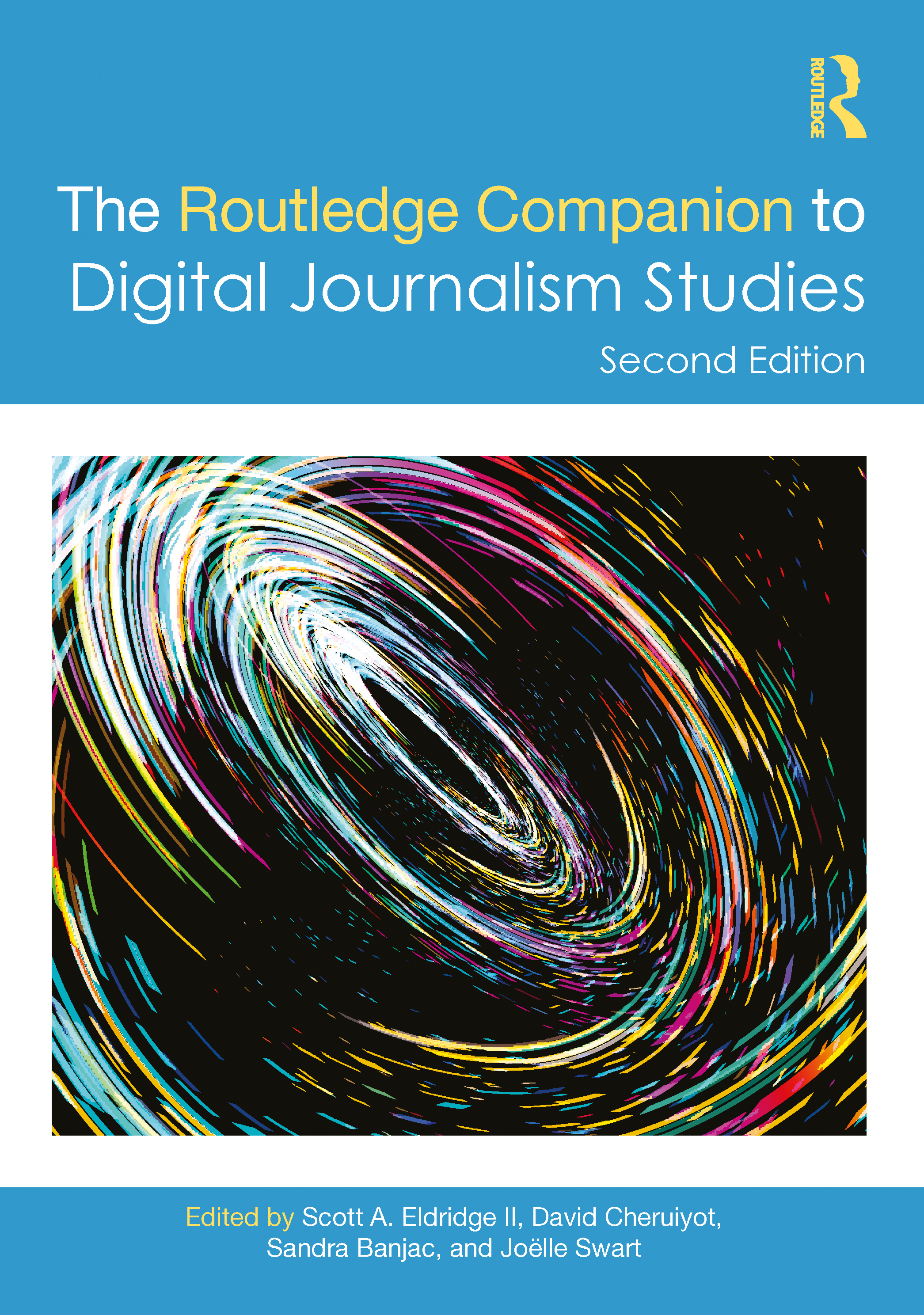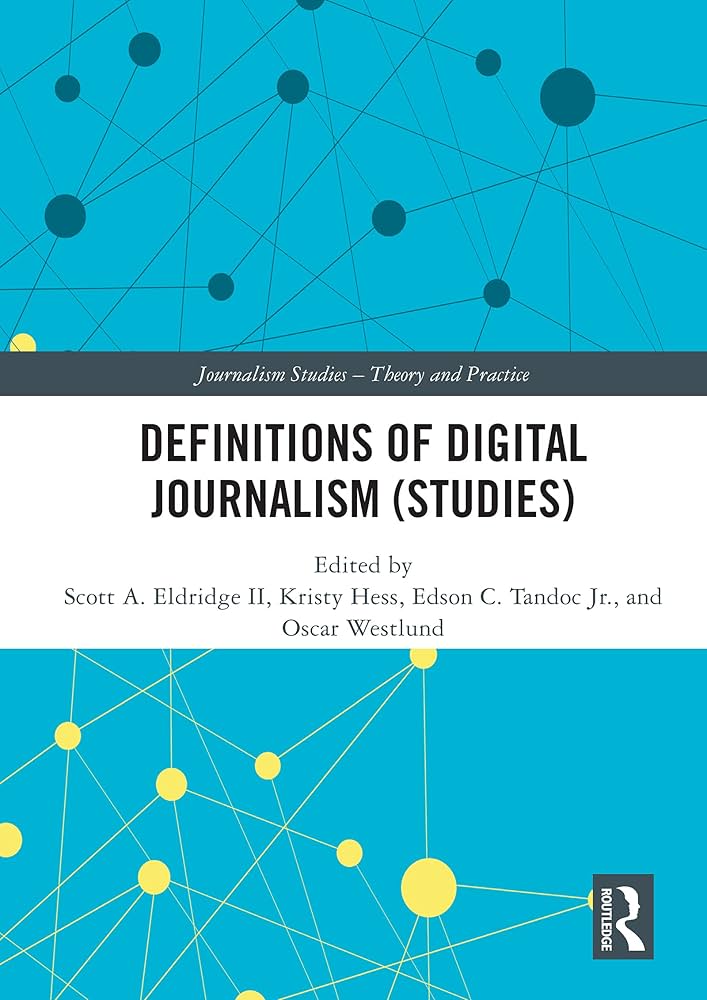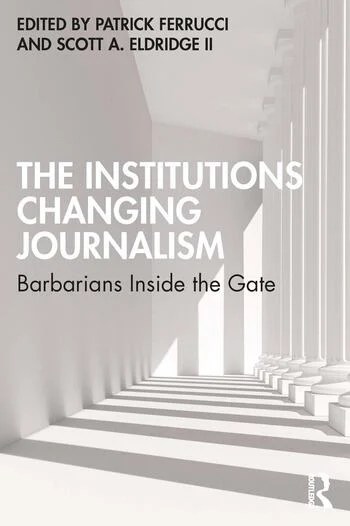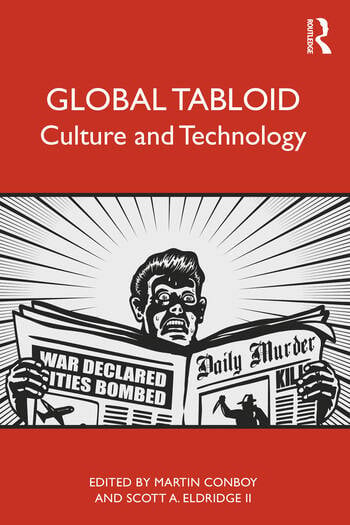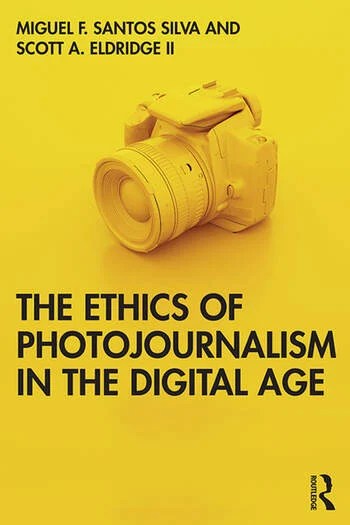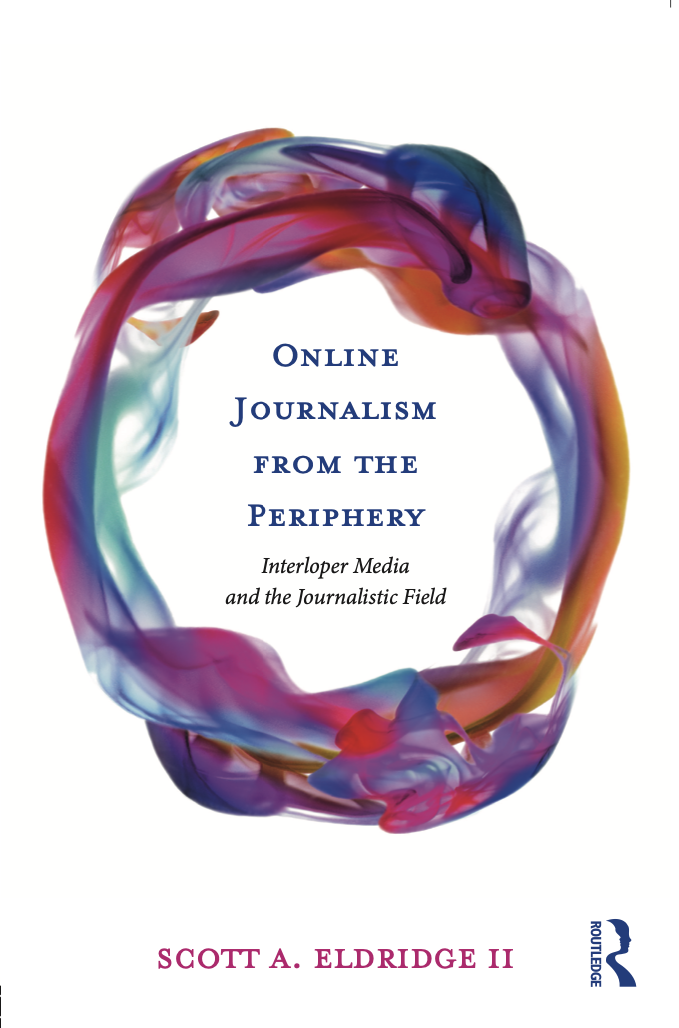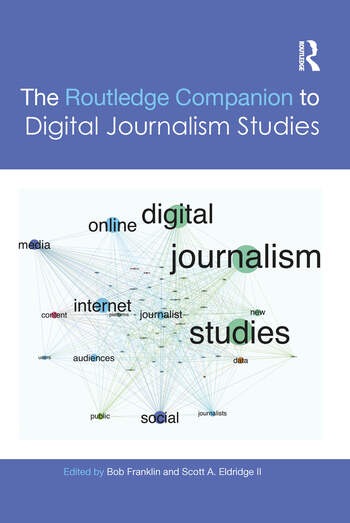
Scott Eldridge is an Associate Professor with the Centre for Media and Journalism Studies, University of Groningen. He is author of Journalism in a Fractured World and Online Journalism from the Periphery and is series editor of Frontiers in Journalism Studies.

NEWS: Shortlisted for the: IJPP Hazel Gaudet-Erskine Best Book Award 2025
Journalism in a Fractured World addresses the fractured nature of journalism as it has developed online. Engaging with theories from journalism studies and politics, it bases its findings on the study of peripheral journalistic media from the US, UK, and Netherlands. It addresses the pronounced animosity that has become a feature of peripheral, political, digital news. Focusing on the metajournalistic discourses produced by peripheral actors, it develops a framework to distinguish between peripheral antagonists and agonists.
Journalism in a Fractured World presents theories and frameworks for engaging with these actors with a clear-eyed message about the challenges journalism faces and how we might find our way forward, even in our fractured societies.
“This timely work is essential reading for anyone trying to make sense of where society – and journalism – is heading.”
– Matt Carlson, Professor of Journalism, University of Minnesota
“Eldridge provides an analytical framework that I am convinced will be of use to everybody concerned with the plurality of news actors and what they mean in our fractured societies.”
– Karoline Andrea Ihlebæk, Professor in Journalism, OsloMet University
Latest News
- For someone who reads a lot of blogs, I’m pretty bad at blogging: Catching up on 2018
- On Journalism and its Controversies (or: How I Learned to Stop Worrying And Love Journalism’s Messiness)
- A long overdue update: Foregone moves, and a handful of publications, talks, etc.
- On newswork and journalistic identity construction.
- New work … on Normativity and Journalism
Books

